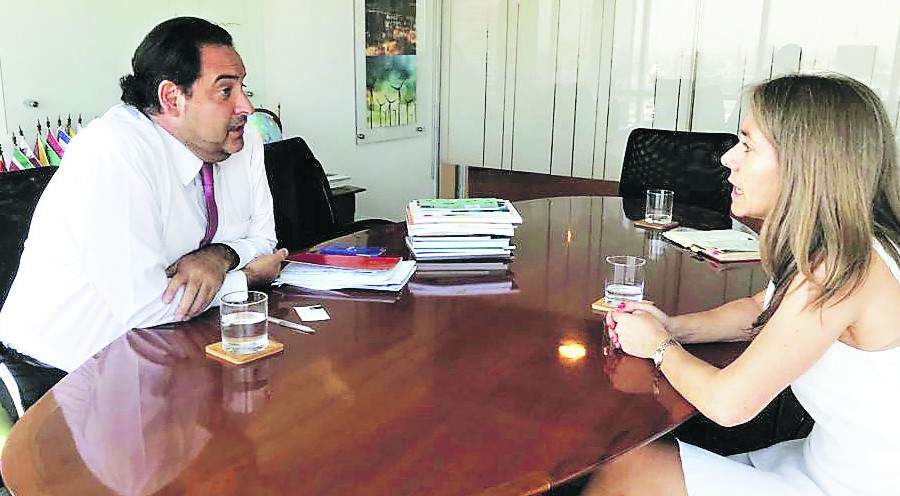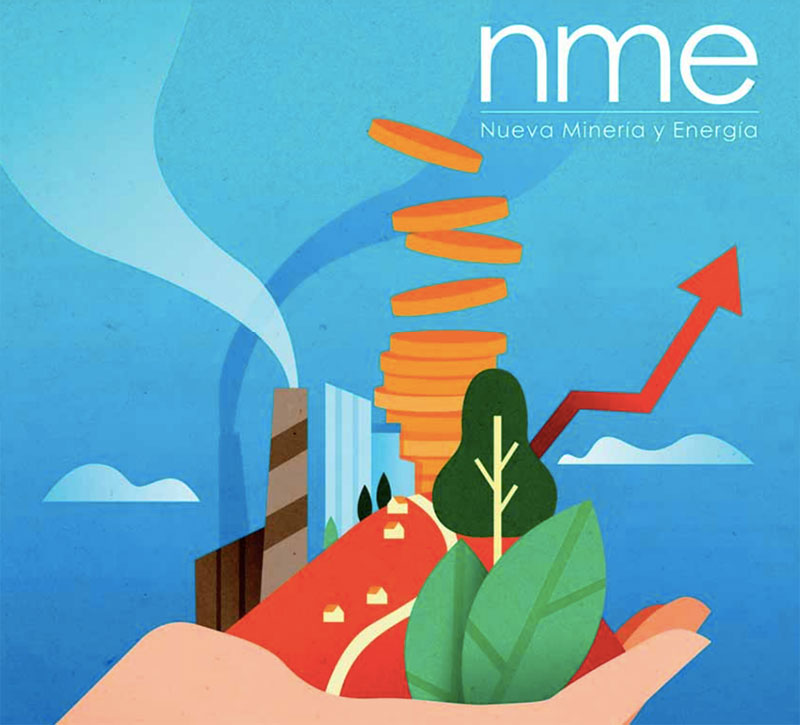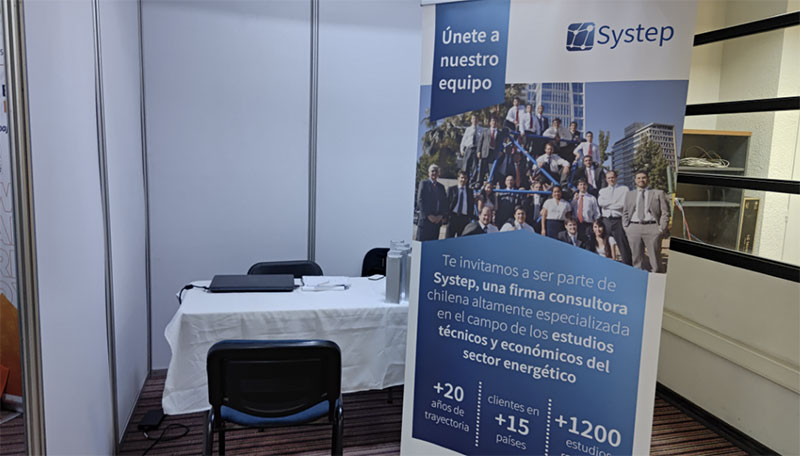
The agreement reached between the government and power generators not to build new coal-fired units puts the weight of this fuel in the electricity matrix in the spotlight. Even with stiff competition from renewables and gas, in 2017 coal accounted for nearly 40% of all power production in the country.
Is Chile in a position to do without coal?
On Monday, in an unprecedented move, power generators and the government signed an agreement in which they committed not to build new coal-fired power plants in the country, in order to favor the growth of other energy sources such as natural gas and renewables. The decision generated immediate debate among energy experts and academics, since this fuel, despite being in retreat in terms of new projects, continues to be the country’s main source of electricity.
By way of example, in December this energy represented 25% of electricity production in the central zone, while in the north it rose to 74%. The low cost of fuel, coupled with the high plant factor – i.e., it can be permanently generating, without depending on external factors – explain its weight in the grid.
So, under these conditions, can Chile do without coal? “Coal is the most widely used source of electrical energy and not only in Chile. Forty percent of the world’s energy is generated with coal. Of course, everyone is concerned about preserving the environment, but today Chile has very strict emission standards, as strict as those of the European Union”, says the former executive secretary of the National Energy Commission (CNE) and general manager of the consulting firm Energética, María Isabel González.
In his opinion, on its path to development, Chile needs to be competitive with its industry, so it must allow, as established by the marginalist price system – in which the plants enter from the cheapest to the most expensive – the most economical technologies to be developed.
Hugh Rudnick, director of Systep and academic at the Catholic University, disagrees with this view, assuring that the measure is for the long term and that in the future other technologies, mainly renewable, will be more economical.
“By 2050, 75 or 80% of Chile’s electricity is expected to come from hydro, wind and solar sources. So, in practice, coal-fired plants will end their useful life and there will be no major effect on the market,” explains Rudnick.
For business director and consultant Juan Carlos Olmedo, the more renewable generation advances, the longer coal-fired power plants will be shut down, so their closure can also be explained, with the future in mind, by an economic issue. “Today, the system has around 500 MW in very old plants and that will probably be the first thing to go out of service between now and 2030, Olmedo said.
For the executive vice-president of Generadoras de Chile, Claudio Seebach, in order to sit down to analyze the issue, it is necessary to be clear about the pace of this energy source, but also to consider that, in the future, thermoelectricity will play a more supporting role for NCRE units, which due to market variables are currently the most competitive.
“By definition, coal is the fuel that emits the most Co2, even if we have high environmental requirements internally,” Seebach complements.
A similar view to that of the Minister of the Environment, Marcelo Mena, who believes that this measure is due to the evolution of the system itself. “All the scenarios known by the people, the government and international projections indicate that we are going to have much more renewable energy. Today, new renewable energy is even cheaper than coal. Therefore, the end of coal in Chile has already begun because it is out of the market”.
Under construction
Currently, there is only one coal-fired power plant under construction: Infraestructura Energética Mejillones, owned by Engie Chile. And although there is another power plant with permits, Santa María II (Colbún), the company has ruled out its materialization. “The company had announced in June last year the decision not to go ahead with the construction project of the Second Unit of the Santa María Thermoelectric Complex, ratifying its commitment to move towards a more sustainable energy matrix,” said the company’s general manager, Thomas Keller.
Jiménez: “It is not appropriate to set deadlines”.
Susana Jiménez, future Minister of Energy, met yesterday with the current Minister of Energy, Andrés Rebolledo, as part of the round of bilateral meetings of the next authorities with their predecessors.
In this context, Jiménez referred to the agreement reached between the generators and the Ministry of Energy regarding coal-fired power plants, assuring that this is a work that has yet to begin, as a technical round table must be formed with the industry. He also commented that it is not a good idea to set deadlines.
“I believe that it is not appropriate, because it is necessary to responsibly see what is convenient from the point of view of security, flexibility and energy prices,” said the future Secretary of State.
“My intention is to meet with all the actors, talk and study all the issues in depth in order to be able to carry out President Piñera’s agenda”, said Jiménez, who added that “we are already working on getting to know the issues in order to be very well prepared for March 11”.






